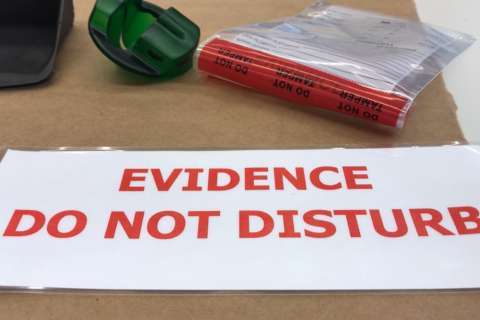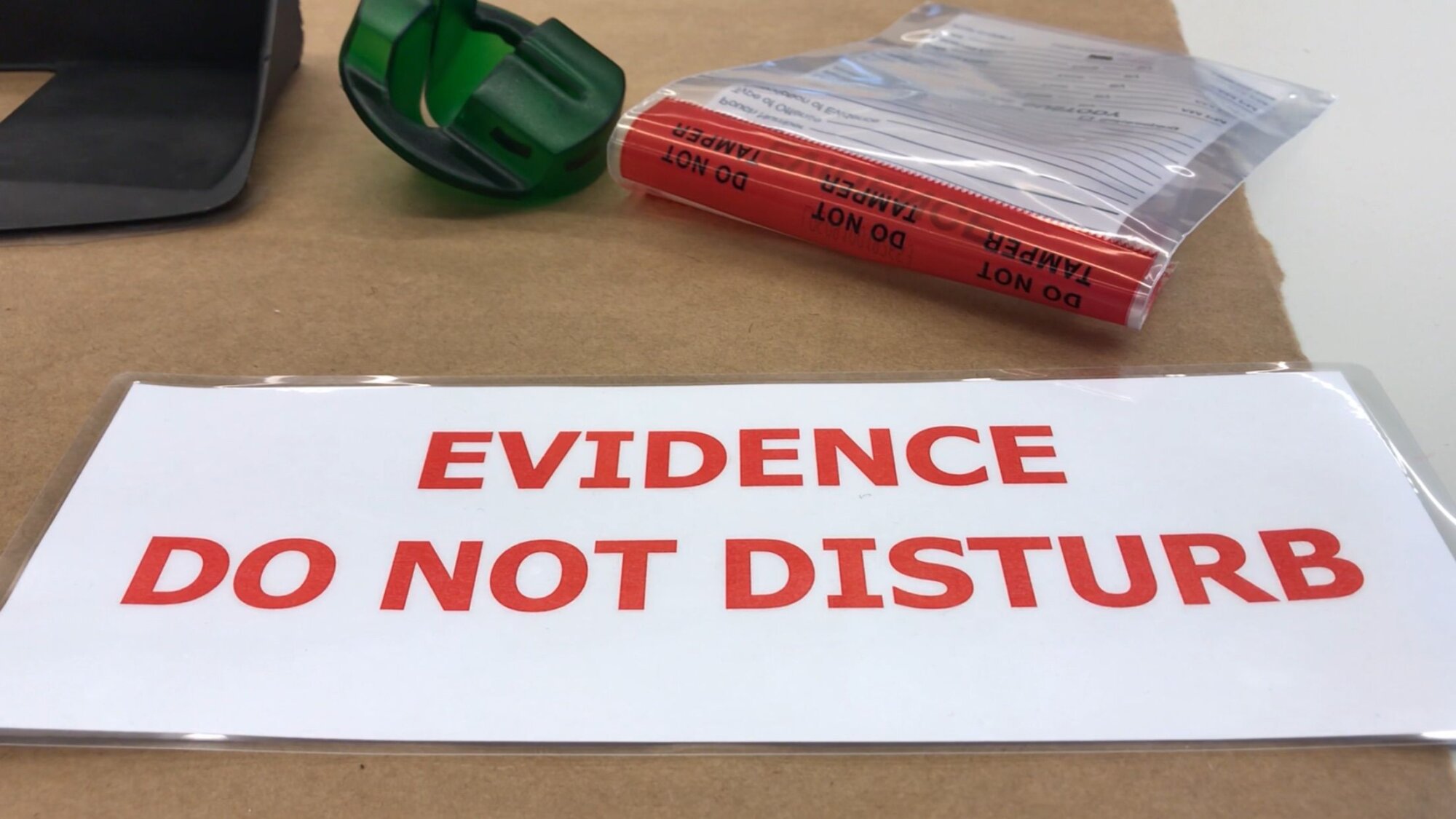
WASHINGTON — Years ago, the state of D.C.’s crime lab was so atrocious it lost its accreditation and closed temporarily. Now, its closure rate is above the national average and it’s making a difference in how quickly crimes are solved, city leaders said.
While D.C. struggles with a high rate of killings, the violent crimes which also make people feel unsafe are below what they were at this time last year.
“Four years ago, we were below national average in how well we were closing those cases. We are now well above the national average,” said Deputy Mayor for Public Safety Kevin Donahue.
It’s due to the city council nearly doubling the budget for the Department of Forensic Science, from $16,218,598 in the 2015 Fiscal Year budget to $28,040,766 in FY 2019, according to department director Jenifer Smith.
The bump over the last several years has not only allowed her to expand her staff and their efficiency.
“Taking the resources we’ve been given, we’ve hired people into the system, we’ve ensured that we have continued accreditation. And we’ve opened up the DNA lab,” Smith said.
The department’s funding also allows the lab to contract with outside technicians if they are swamped with cases and need assistance turning evidence around, she said. However, one of the biggest differences Smith has seen over the years since the department regained its accreditation in April 2016 is in it’s databases.
“We’re really pushing through, for example, in databases. We have several intelligence databases that allow us to compare fingerprints or firearms information or DNA profiles. And having those databases now, working more efficiently, has allowed us to make connections,” she said.
Often, D.C. police detectives will have a suspect and evidence technicians can confirm they’ve got their guy (or gal), but Smith said evidence has also developed leads that detectives didn’t already have in hand.
“Just making sure our evidence is moving through faster and more efficiently has really helped investigators close these cases,” Smith said.
The incremental gains in speed in processing evidence hasn’t gone unnoticed, Donahue told other city leaders January 29.
“When I go and ask the chief and ask detectives, ‘What’s the difference,’ expecting them to talk first about police … they actually first talk about, ‘Well, they have a lot more physical evidence to use in cases’ and their evidence, when it goes to court, has much stronger testimony from the scientists that are testing it,” he relayed to the mayor and councilmembers.









